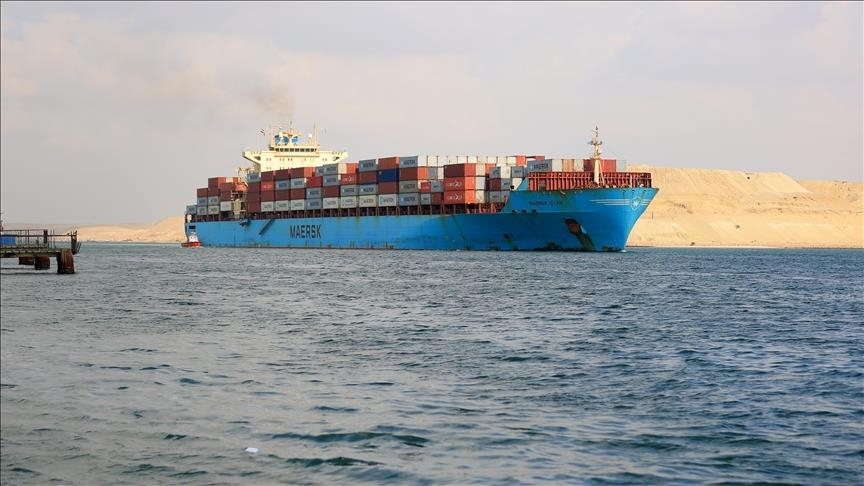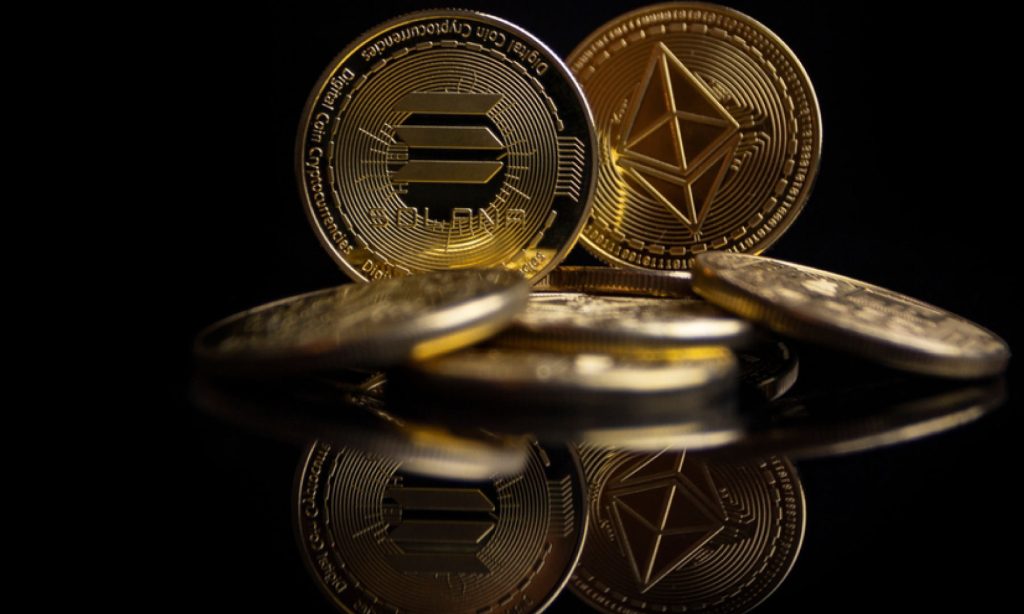Folks, let’s be blunt: the global economic landscape is looking increasingly murky, and a major contributor is the sheer lack of clarity surrounding current trade policies. Riksbank board member Seim just dropped a truth bomb – we simply don’t have enough concrete details to accurately assess the potential fallout.

This isn’t just academic hand-wringing, people. This uncertainty is actively creating headwinds for the global economy and, critically, making it incredibly difficult for the Riksbank to chart a course for Swedish economic activity and manage inflation. We’re navigating in the dark here.
Digging Deeper: The Impact of Trade Policy Uncertainty
Trade policy uncertainty arises when businesses and investors lack confidence in the future rules governing international commerce. It’s more than just tariffs; it encompasses potential restrictions, quotas, and shifts in trade agreements.
This uncertainty impedes investment. Companies postpone expansion plans, fearing future trade barriers could erode profitability. It also disrupts supply chains. Businesses become hesitant to rely on global networks.
Furthermore, volatile trade dynamics directly influence inflation. Increased import costs due to tariffs or supply chain disruptions translate to higher consumer prices. Managing this inflation becomes a monumental task for central banks.
Ultimately, resolving this ambiguity isn’t just about trade deals. It’s about restoring confidence and providing the economic clarity necessary for sustainable growth. I’ll be watching this closely – and you should be too.






